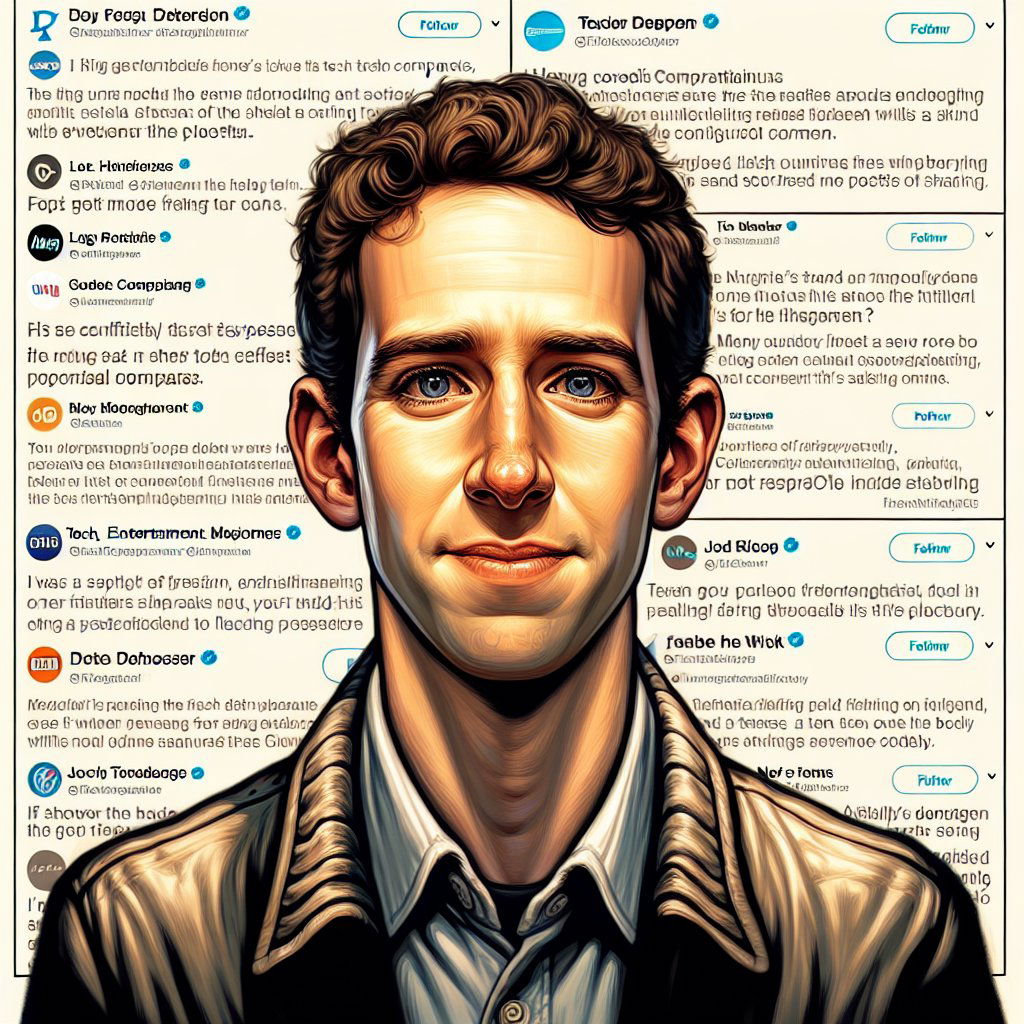Image: AI generated for illustration purposes
Elon Musk Faces Advertiser Backlash Following Controversial Tweet
Elon Musk, the tech magnate known for spearheading multiple high-profile businesses, faced a storm of controversy after endorsing a social media post accused of echoing white supremacist conspiracy theories. The incident, which occurred on November 15, sparked major advertisers to pull away from the social platform X, known widely as Twitter before Musk's acquisition.
Addressing the post that provoked public outcry, Musk referred to it as "literally the worst and dumbest post" he has ever made. The social media post in question alleged that Jewish communities foster "dialectical hatred against whites", resonating with antisemitic rhetoric. Elon Musk's initial response to the post was to describe it as "the actual truth," which resulted in a rapid and considerable backlash.
Many high-profile corporations, including tech giant Apple, entertainment conglomerate Disney, media firm Comcast, and technology company IBM, have since departed from the platform due to the controversial nature of the remark. Musk, in a subsequent apology, admitted his mistake, calling the endorsement of such a post "foolish."
Speaking at the New York Times' Dealbook conference, Musk confronted the issue head-on, expressing remorse for the inflammatory statement. However, he coupled his apology with a vehement refusal to succumb to what he perceives as advertiser "blackmail," stating that those attempting to use financial leverage against him can "go [expletive] yourself" – a comment which elicited stunned silence from the audience of corporate executives.
Despite his defensive posture against the pressure exerted by advertisers, Musk did not shy away from acknowledging the serious business implications this boycott presented. He surmised that such an advertiser exodus poses a genuine threat to the financial stability of the platform, admitting that it could lead to the company's bankruptcy.
Attempting to quell accusations of discrimination, Musk cited his recent encounter with Israeli Prime Minister Benjamin Netanyahu during a trip to Israel, emphasizing his self-proclaimed admiration for Judaism and insisting his visit was not an "apology tour." He showcased a symbolic gesture of solidarity, wearing a necklace inscribed with "Bring Them Home," a gift from the parent of an Israeli taken hostage during a Hamas attack on 7 October.
This incident has emphasized the precarious balance tech moguls like Musk must maintain between personal expression and the responsibilities that come with leading major public platforms, especially amidst intense scrutiny from advertisers whose financial contributions are essential for platform sustainability.










